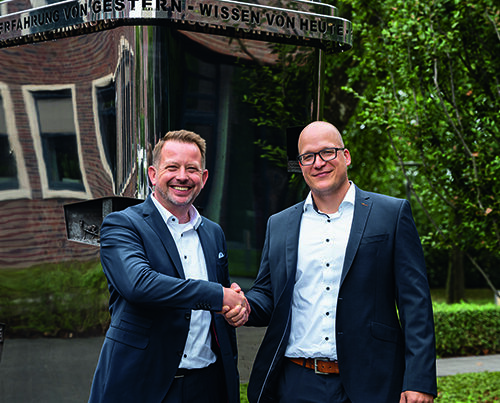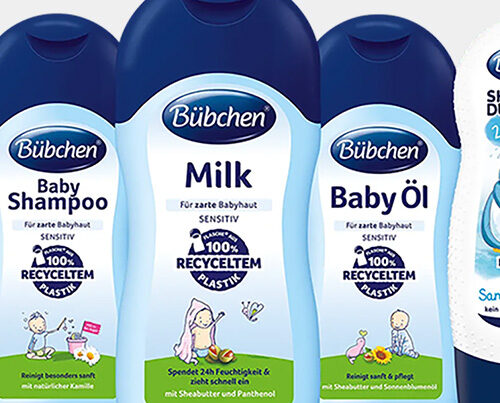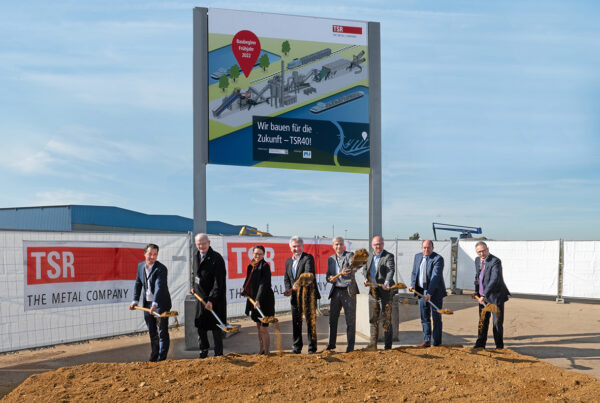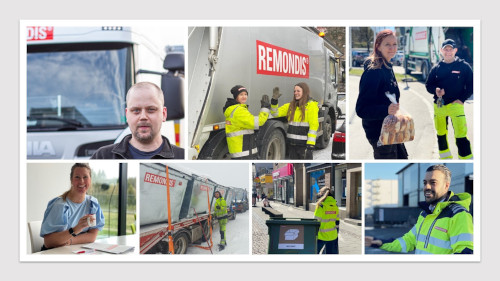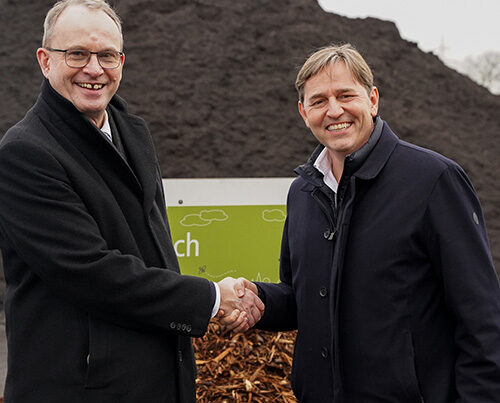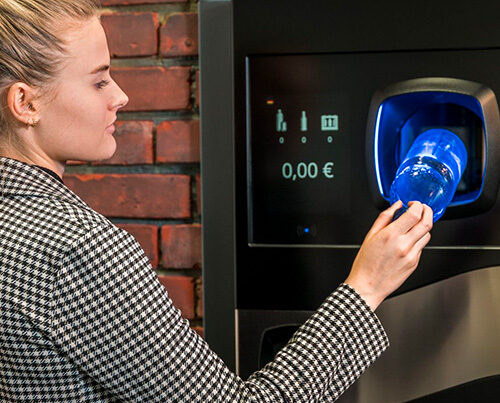A recently implemented project in Bremen shows how responsible land use can be combined with climate protection and the conservation of natural resources. In the immediate vicinity of a commercial and industrial area, a derelict site, ideally suited for commercial purposes due to its location, was made usable here using 300,000 t of household waste incineration ash.
The approximately 1 ha site was characterised by muddy and therefore unsound subsoil. For the subsoil improvement, large contingents of the substitute building material granova® were delivered by ship from the Lünen plant to Bremen with the participation of MAV. The quality-controlled material is ideally suited for the stabilisation of existing soil; it offers consistent quality in terms of grain size and composition, and can be easily processed and compacted.
In addition to its suitability for subsoil improvement, granova® provides clear environmental benefits. For example, the installation of the recycled material in this project preserves around 170,000 t of natural material. In addition, there are advantages in terms of landscape consumption, and not only through the reclamation of the fallow land and the prevented extraction of natural raw material deposits such as gravel, sand or chippings.
The processing and subsequent recycling of substitute building materials in construction projects such as this one also saves valuable landfill space for the disposal of non-recyclable waste. Last but not least, climate protection also benefits. After all, metals are recovered when the bottom ash is processed into branded building material. The project is thus further proof that substitute building materials are ideally suited to making construction projects sustainable.







